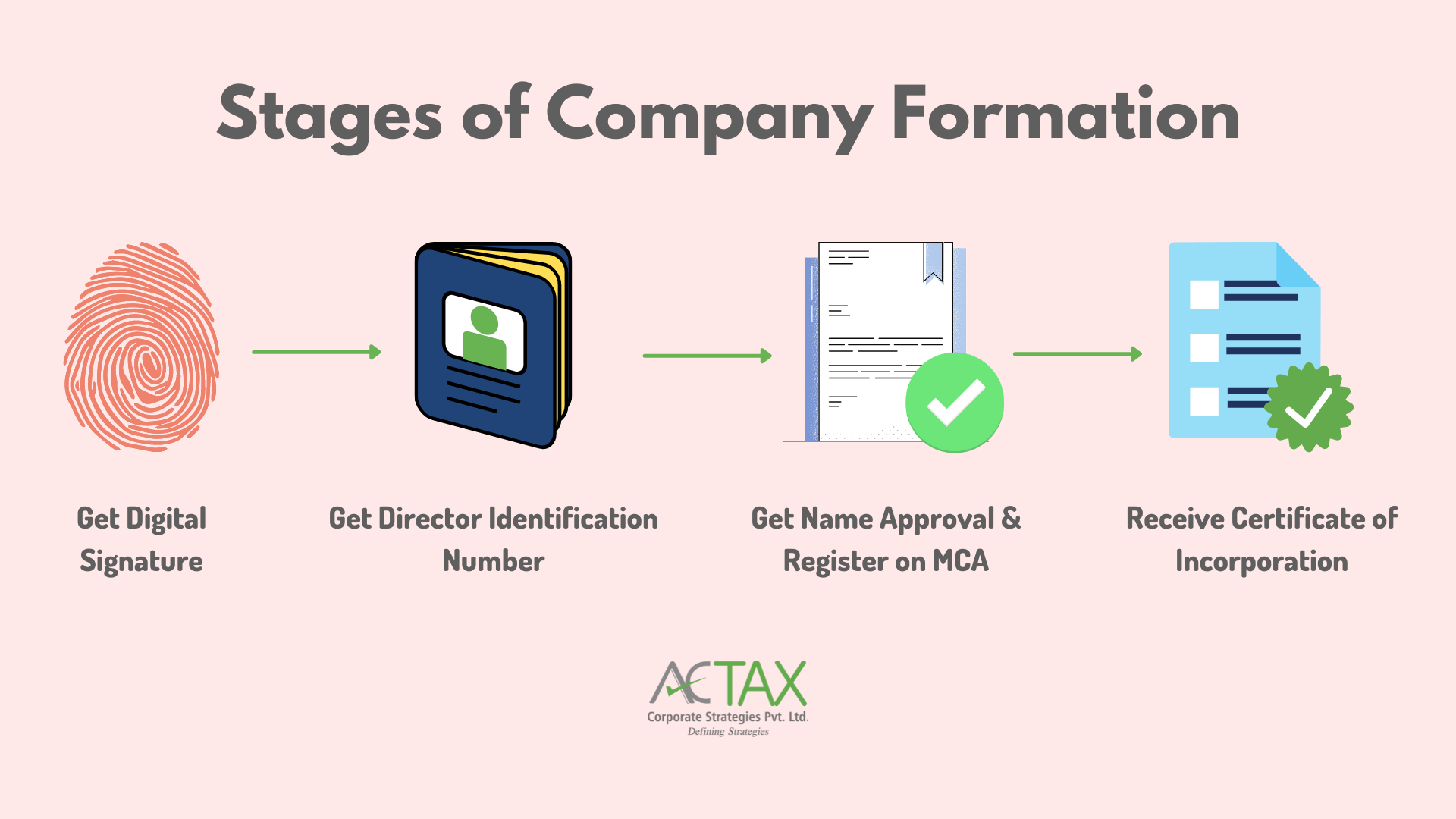Step-by-Step Overview to Browsing the Commercial Registration Electronic System for Company Formation
Step-by-Step Overview to Browsing the Commercial Registration Electronic System for Company Formation
Blog Article
Navigating the Complex World of Company Formation: Insights and Strategies
As business owners established out to navigate the complex world of business formation, it becomes important to furnish oneself with a deep understanding of the complex nuances that define the process. From selecting the most ideal organization framework to making sure rigid legal compliance and creating efficient tax planning strategies, the course to developing a successful company entity is riddled with intricacies.
Organization Framework Choice
In the realm of firm formation, the vital decision of picking the ideal service structure lays the structure for the entity's functional and lawful structure. The choice of organization framework considerably impacts numerous elements of the company, including taxation, responsibility, administration control, and conformity demands. Business owners need to thoroughly review the offered options, such as single proprietorship, partnership, restricted liability business (LLC), or corporation, to figure out the most appropriate structure that lines up with their business goals and circumstances.
One typical framework is the single proprietorship, where the organization and the owner are thought about the exact same legal entity. Comprehending the subtleties of each service framework is essential in making an educated choice that establishes a strong foundation for the business's future success.
Lawful Compliance Fundamentals
With the foundation of an ideal company framework in location, ensuring lawful compliance basics comes to be critical for guarding the entity's operations and preserving regulatory adherence. Lawful compliance is crucial for firms to operate within the borders of the legislation and stay clear of prospective fines or legal concerns.
To ensure legal compliance, companies must consistently review and update their procedures and policies to reflect any modifications in policies. Seeking legal guidance or compliance professionals can additionally assist business browse the complicated lawful landscape and stay up to date with developing policies.
Tax Planning Considerations

Furthermore, tax obligation preparation need to incorporate strategies to take advantage of available tax motivations, credit ratings, and deductions. By strategically timing revenue and expenditures, organizations can possibly reduce their gross income and total tax obligation concern. It is also crucial to remain educated regarding changes in tax obligation regulations that may affect business, adjusting methods appropriately to remain tax-efficient.
In addition, worldwide tax preparation considerations might develop for companies running throughout borders, entailing complexities such as transfer rates and foreign tax obligation debts - company formation. Looking for guidance from tax obligation professionals can aid navigate these details and establish a comprehensive tax strategy tailored to the firm's requirements
Strategic Financial Monitoring
Efficient economic management involves an extensive technique to overseeing a company's monetary resources, financial investments, and total economic wellness. By creating detailed budgets that line up with the business's goals and objectives, services can designate sources successfully and track efficiency versus monetary targets.

One more important facet is cash money circulation administration. Checking cash money inflows and discharges, handling capital successfully, and making sure adequate liquidity are important for the day-to-day operations and long-lasting practicality of a company. In addition, critical economic administration includes risk analysis and reduction techniques. By identifying financial threats such as market volatility, credit rating threats, or governing modifications, companies can proactively implement actions to secure their financial security.
Furthermore, economic reporting and evaluation play a vital function in strategic decision-making. By producing exact financial records and performing extensive evaluation, businesses can get valuable insights right into their economic performance, determine areas for renovation, and make educated calculated choices that drive sustainable growth and productivity.
Growth and Growth Approaches
To move a firm towards increased market presence and productivity, critical growth and expansion techniques need to be carefully developed and executed. One effective approach for growth is diversity, where a firm enters brand-new markets or deals new items or solutions to take advantage of and lower risks useful source on arising opportunities. It is vital for companies to carry out detailed market research, monetary evaluation, and threat assessments before beginning on any kind of development strategy to guarantee sustainability and success.

Conclusion
In conclusion, browsing the intricacies of company development needs careful factor to consider of service structure, lawful compliance, tax obligation planning, financial monitoring, and growth approaches. By tactically selecting the appropriate service structure, making sure legal conformity, planning for tax obligations, managing financial resources successfully, and implementing development strategies, firms can set themselves up for success in the affordable business atmosphere. It is essential for services to approach business development with a tactical and detailed frame of mind to attain long-term success.
In the realm of firm formation, the vital choice of selecting the proper business structure lays the foundation for the entity's functional and lawful structure. Business owners must thoroughly review the available options, such as sole link proprietorship, partnership, limited liability business (LLC), or company, to establish the most ideal structure that lines up with their service goals and situations.
By creating in-depth spending plans that straighten with the company's goals and goals, services can allot sources efficiently and track performance against financial targets.
In conclusion, navigating the complexities of company formation requires careful consideration of company structure, legal compliance, tax obligation preparation, useful link economic monitoring, and development approaches. By purposefully picking the appropriate organization framework, making sure lawful compliance, preparing for taxes, managing funds properly, and applying development methods, business can set themselves up for success in the affordable organization setting.
Report this page